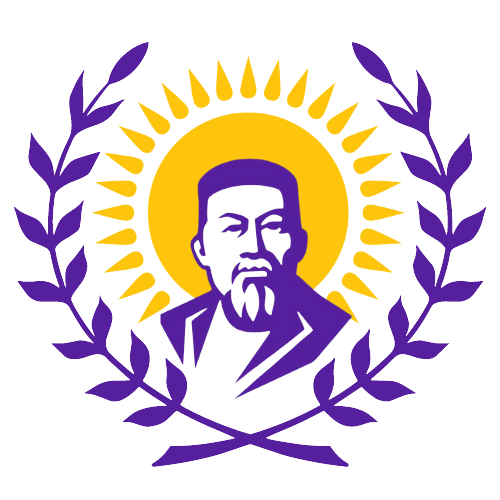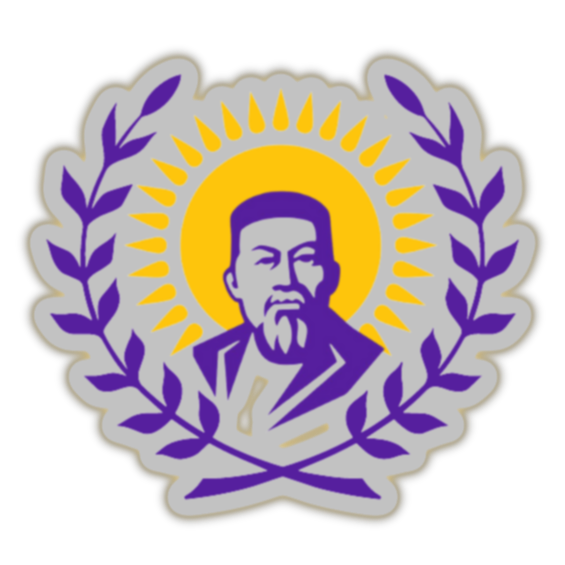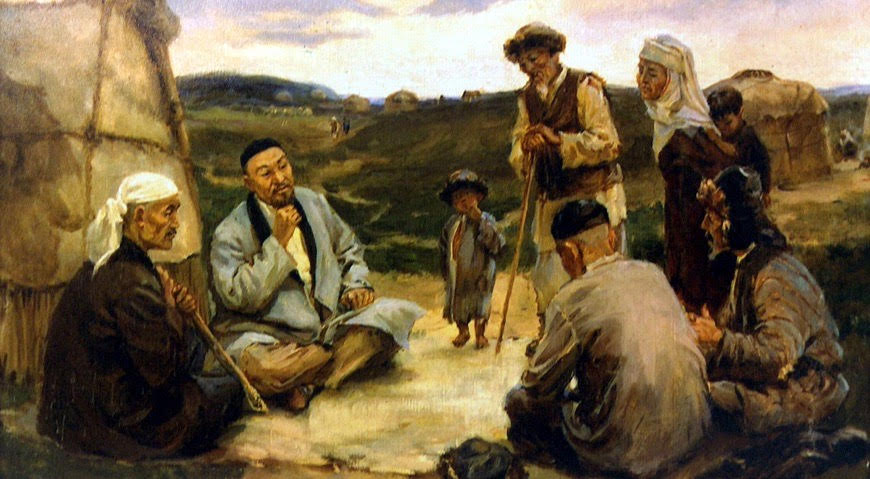About Abai Kunanbaiuly
Abai Kunanbaiuly (1845-1904) was born at the bottom of the Chingiz Mountain in the today’s Abai district located in Eastern Kazakhstan region.
The founder of written Kazakh literature
He was a well-known Kazakh poet, a great thinker, composer, philosopher, the founder of written Kazakh literature, and its first classic.
The heritage he left his nation is rich in songs and poems, translations and prose. His translations of the poetry written by Russian writers and poets such as Pushkin, Lermontov, and Krylov became the national patrimony of Kazakhstan. He also translated the works of Schiller, Goethe, and Byron into the Kazakh language.
Book of Words
Book of Words created by the great thinker is a philosophic treatise and collection of poems where he encourages his fellow Kazakhs to embrace education, literacy, and good moral character in order to escape poverty, enslavement and corruption. This creation of his is an exploration of Kazakh national life in the second half of the 19th century. He influenced social affairs in the country where he lived.
He also participated in the governing of the country and played a certain role in trying to solve complicated problems justly.
Kazakh folk culture
Abai’s main contribution to Kazakh culture and folklore lies in his poetry, which expresses great nationalism and grew out of Kazakh folk culture. Before him, most Kazakh poetry was oral, echoing the nomadic habits of the people of the Kazakh steppes.
During Abai’s lifetime, however, a number of important socio-political and socio-economic changes occurred. Russian influence continued to grow in Kazakhstan, resulting in greater educational possibilities as well as exposure to a number of different philosophies, whether Russian, Western or Asian. Statues of him have been erected in many cities of Kazakhstan, as well as in Moscow, Tashkent, Cairo and Budapest.
Abai Kunanbaiuly
The name of Abai is known worldwide
The name of Abai is known worldwide just as Shakespeare, Goethe, and Pushkin are well-known in many countries, because his great words became a spiritual patrimony of not only one nation, but of the entire humankind.


